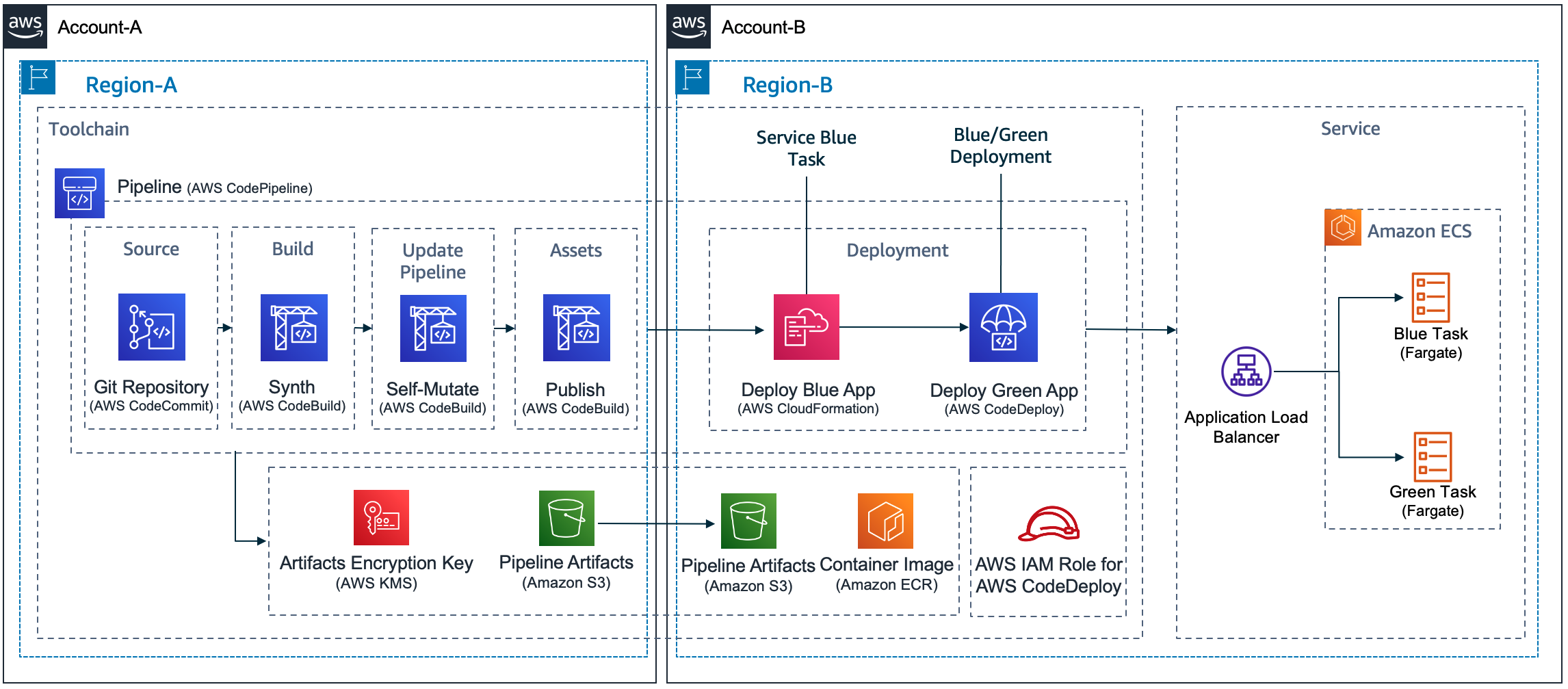
CodeDeploy is AWS's answer to the age-old problem of deployments going to shit at the worst possible moment. If you've ever had production go down because someone fucked up a manual deployment, or spent 2 hours at midnight trying to figure out which server didn't get the latest code, CodeDeploy might actually save your sanity.
What It Actually Does
It handles three types of deployments without you having to SSH into anything:
EC2 and On-Premises: Updates regular servers. The agent sits on your boxes, waits for deploy commands, and executes them. Works fine until you forget to install the agent on that one server that breaks everything.
Lambda: Manages serverless function updates with traffic shifting. The canary deployments actually work, unlike when you try to implement them yourself with custom scripts that inevitably break.
ECS: Container deployments with blue/green strategies. Spins up new containers, shifts traffic over, kills the old ones. Takes forever because ECS is slow as hell, but it works.
The Real Benefits (And Pain Points)
Automatic Rollback: When shit breaks, it can automatically rollback. This sounds magical until you realize the health checks can take several minutes to detect failures and your app is already broken. The default timeout is 1 hour per lifecycle event - yes, a bad script can hold your deployment hostage for 60 minutes while customers see errors. In my experience, it takes 5-10 minutes before rollback actually triggers, assuming the health check doesn't time out first.
Scaling: Handles deployments across hundreds of instances simultaneously. This is actually useful when you have a lot of servers. AWS gives you 1,300 concurrent deployments per account, which should handle most scenarios unless you're doing massive multi-region rollouts.
Monitoring: Everything goes through CloudWatch. You get logs, metrics, and events. The logs are usually cryptic as hell when something breaks, but at least they exist.
Cost Reality Check
EC2 deployments are free, which is nice. On-premises instances cost $0.02 each, which adds up fast if you're deploying to thousands of servers. Blue/green deployments will double your instance costs temporarily - something AWS conveniently doesn't mention upfront.
The real cost is the time you'll spend fighting with IAM permissions and debugging why the agent stopped responding for no apparent reason.
So is CodeDeploy worth the pain? That depends on what you're comparing it to. Every deployment tool has its own unique way of ruining your weekend, so let's see how they stack up.


